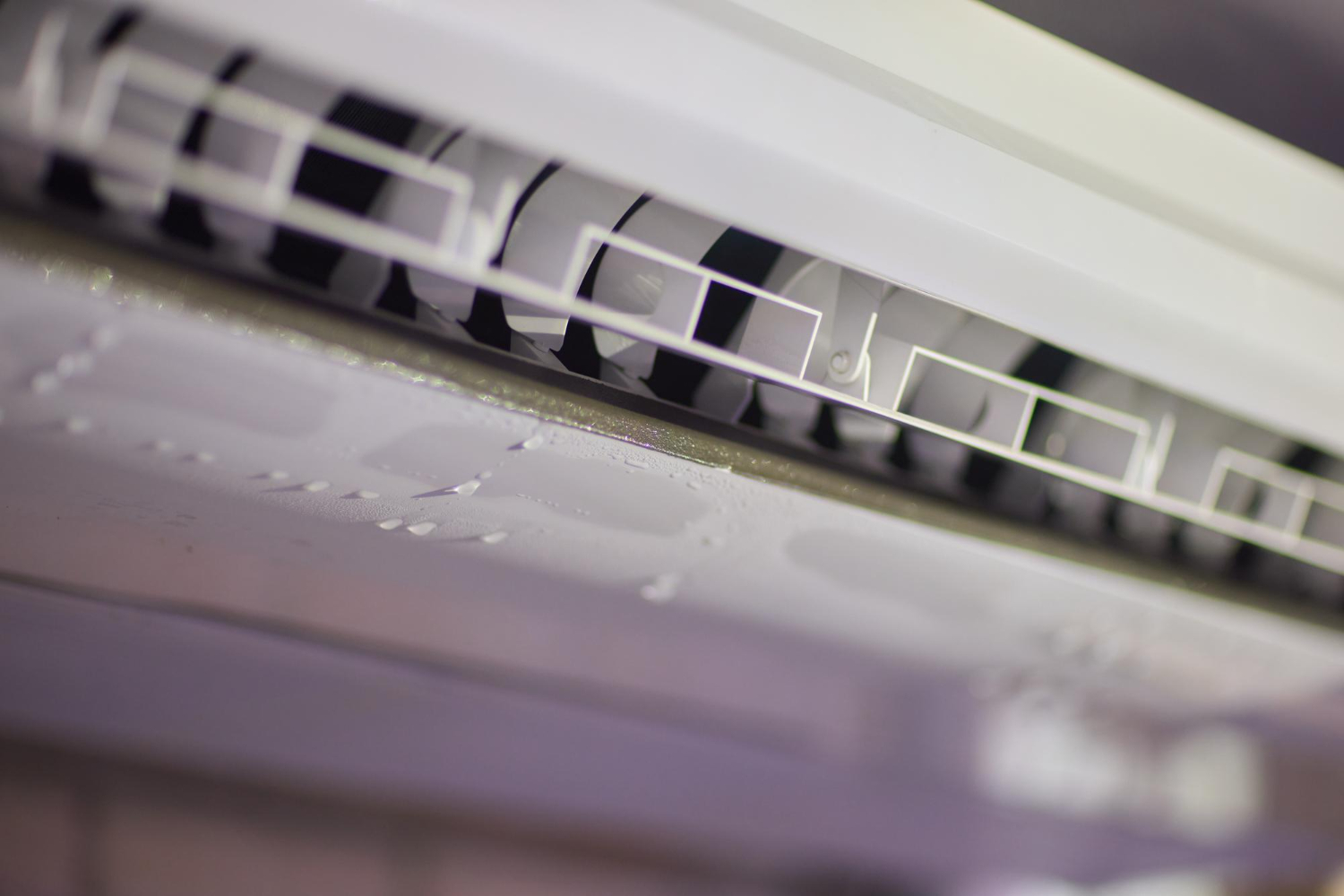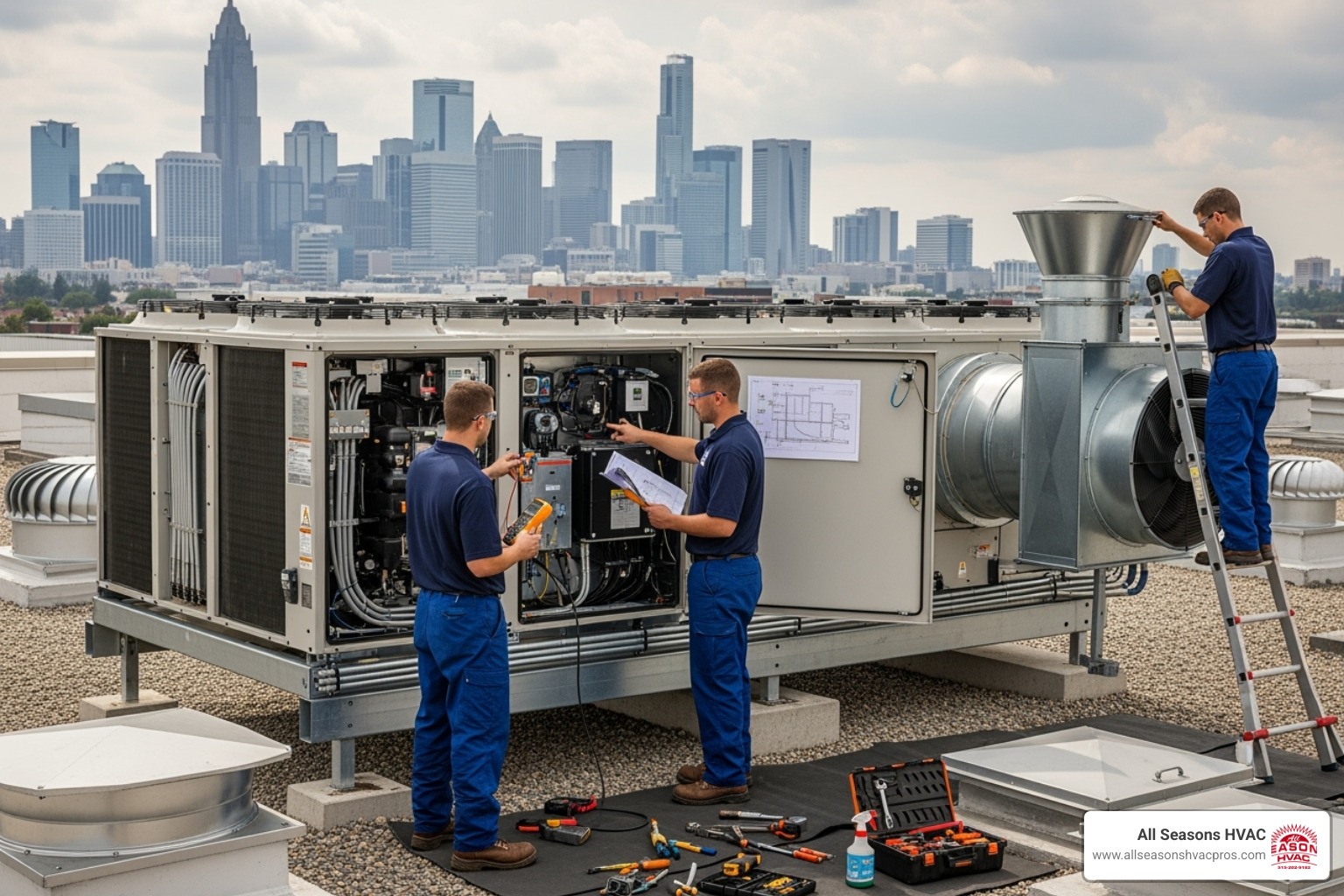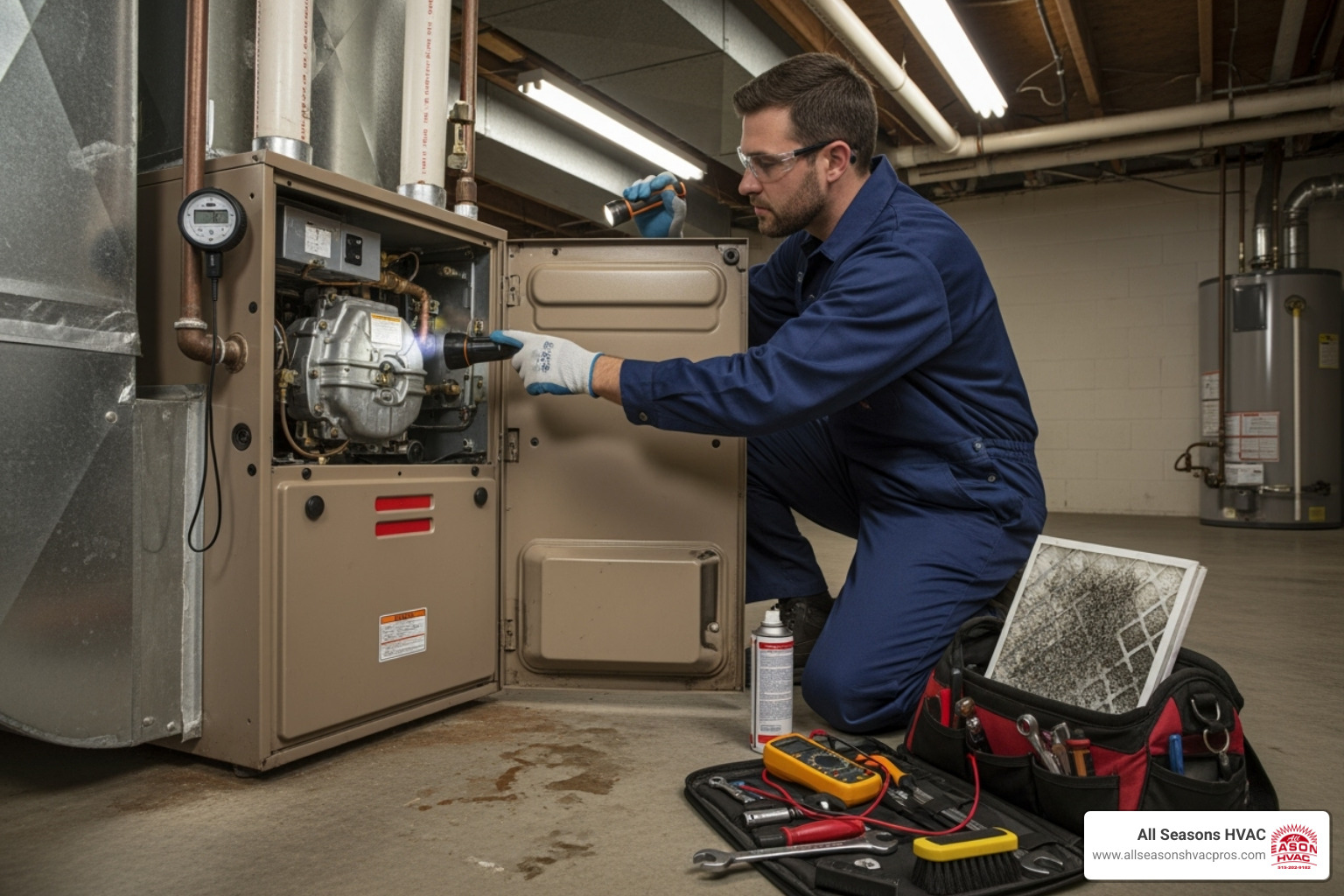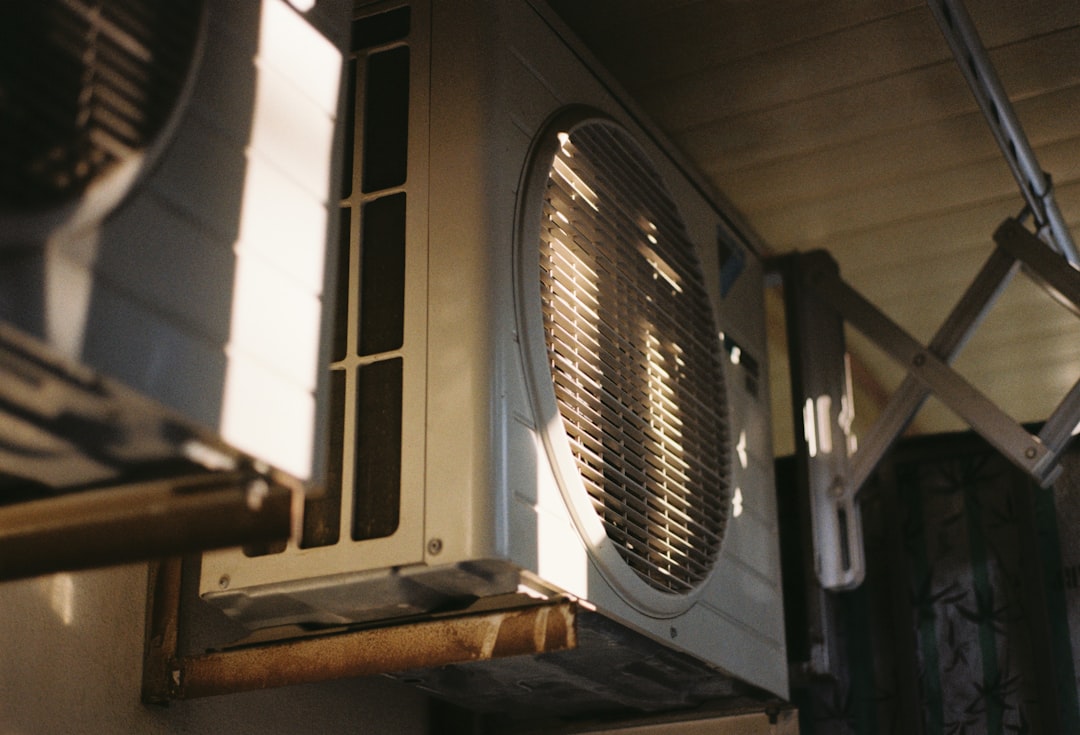Finding a puddle of water around your AC unit can be frustrating, especially during the hottest days in Indianola when you’re counting on cool air the most. Water leaks coming from an air conditioner often seem minor at first, but they can quickly turn into bigger problems such as water damage, mold growth, or even system failure. Homeowners sometimes assume it’s just condensation, but consistent dripping or pooling is a good sign that something else is going on.
Leaking water does not always mean your entire system is broken. Still, it is a warning that your AC might need professional attention. Knowing what might be behind the leak can help you act quickly and protect your home and your equipment. Below are some of the most common reasons air conditioners leak and what to do if you spot this issue at home.
Common Causes Of AC Leaks
Several problems can cause your air conditioner to leak water. These issues range from minor clogs to mechanical damage inside the unit. Understanding what is likely happening can help you explain the problem clearly when reaching out for repairs. Here are the most common reasons AC systems begin leaking:
– Clogged Drain Line
The condensate drain line removes moisture collected from the air. Over time, this pipe can become blocked with dirt, debris, or algae. When it is clogged, the water cannot drain properly and backs up into the unit, eventually overflowing.
– Frozen Evaporator Coil
When airflow is restricted due to a dirty air filter or low refrigerant levels, the evaporator coil inside your AC may freeze. Once it thaws, the melted ice produces more water than the drain pan can hold, leading to leaks around the unit.
– Low Refrigerant Levels
A refrigerant leak causes pressure inside your system to drop, which can overcool the evaporator coil and cause it to freeze. As the ice melts, it creates excess water that may bypass normal drainage routes.
– Damaged or Rusted Overflow Pan
Beneath the evaporator coil is a drain or overflow pan. Its job is to catch moisture before it is directed to the drain line. If the pan is cracked or rusted through, water will spill onto the floor.
Each of these problems can get worse over time and may lead to more expensive repairs. For example, if a clogged drain line is ignored, it can cause water damage to your flooring or ceiling. Spotting these warning signs early reduces the risk of further damage and helps your system run as efficiently as possible.
Immediate Steps To Take When You Notice A Leak
If you see water leaking from your AC unit, a few quick steps can help limit the damage. Acting quickly can stop the issue from spreading and protect your system from unnecessary strain.
1. Turn Off Your AC Unit
Shut down the system to stop water flow and help prevent damage to electrical components.
2. Check and Clear the Drain Line
If you’re comfortable doing so, inspect the condensate drain line for clogs or visible buildup. Try gently clearing the area if it seems safe, but avoid using force.
3. Inspect the Drain Pan
Look underneath the unit for cracks in the tray or standing water. If you notice damage or rust, the pan may need to be replaced by a technician.
4. Call Our Professionals for Help
After your initial inspection, the safest next move is to call our technicians. Leaks can have more than one cause, and having trained eyes on the problem ensures a lasting solution.
Delaying action can lead to mold, structural damage, or a complete system failure that could have been avoided. One recent case in Indianola involved water dripping from a ceiling vent. The homeowner assumed it was a roof leak, but it turned out to be a clogged condensate line in the attic AC unit. Early inspection could have prevented ceiling repairs entirely.
Handling a leak early keeps your home in better shape and gives you peace of mind. In the next section, we will look at how to reduce the chances of your AC leaking again.
Preventive Measures To Avoid Future AC Leaks
Once you fix the immediate issue, your focus should shift to stopping it from happening again. With a few simple habits, your AC unit can run more dependably and efficiently. Preventive care is not difficult, but it must be done on a regular basis—especially during Indianola’s warmest months.
Here are some steps you can take to help reduce the risk of future leaks:
– Regularly replace air filters
Dirty or clogged filters restrict airflow. This can cause the evaporator coil to freeze and flood your drain pan when it thaws. Clean filters make it easier for air to move through the system and reduce wear.
– Keep the condensate drain line clear
A clogged drain line is one of the top causes of AC leaks. Having the line cleared as part of annual maintenance helps make sure water drains correctly.
– Monitor refrigerant levels
Low refrigerant creates pressure changes that can lead to frozen coils. If you notice a drop in performance or hear hissing sounds, call our professionals to inspect the system.
– Schedule maintenance with our technicians
Having your AC unit checked annually is one of the best ways to keep it running smoothly. Our technicians will look for early signs of trouble and ensure all parts are clean and working well.
These simple habits go a long way in preventing future leaks. Regular checkups help you avoid surprise breakdowns during the times you need your cooling system the most.
Ensuring Reliable AC Performance In Indianola
Even small issues inside an AC unit can turn into larger problems when summer temperatures crank up. A blocked drain line or cracked drip pan can lead to water damage or loss of cooling comfort in your home. That’s why ongoing care and cleaning are so important during months of high usage.
Letting our technicians inspect the system regularly can help stop these issues before they affect your comfort. Sometimes, AC units appear to be working fine but are quietly developing problems such as low refrigerant or early mold growth around the drainage areas.
In Indianola, where high summer heat puts constant demand on cooling systems, you want your AC ready at all times. If it has been a while since your last maintenance appointment—or your unit has started leaking—it is time to get ahead of it. Consistent attention now can help you avoid emergency visits and keep your unit going strong.
Keep Your Indianola Home Comfortable
Seeing water near your AC may seem like a minor issue, but it is often a sign that something inside the system needs expert attention. Addressing it early helps avoid damage to your home and rising repair costs. Whether it is a simple blockage or something more mechanical, each warning sign deserves a prompt inspection.
The best way to make sure your AC unit stays reliable all summer is to treat it like the essential system it is. Routine care like changing filters and inspecting drain lines protects your investment and keeps temperature control reliable during the hottest days.
If your AC is leaking or overdue for maintenance and you live in Indianola, getting help now can prevent bigger issues later. Regular upkeep and repairs done by our professionals ensure you and your home stay cool and dry when it matters most.
If your AC unit has begun to leak and you’re in Indianola, timely repairs are critical to avoiding larger issues down the road. All Seasons HVAC LLC understands how even minor problems can escalate in the summer heat, so taking proactive steps is essential. Getting professional help with AC repair in Indianola can help ensure that your home remains cool and comfortable. For a quick estimate or to book a service visit, please contact us today.




